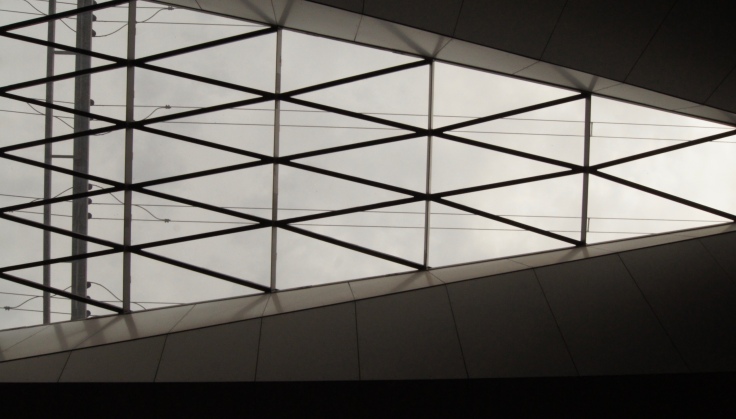The Austrian Development Conferences see themselves as a place of thinking and reflecting as well as of scientific stimuli. However, the conferences are also a permanent process. Three years after the last conference in 2014, the conference in 2017 will take place in Graz. The participants of the past conferences always felt inspired by the these meetings. This is the reason why the Austrian development conferences have become a bench mark for the Austrian dialogue on development. As a major event, the conference is set out for about 300 persons. It will bring together a multitude of protagonists in policy making in development and establish ties with other areas.
Overall Objectives of the Conferences:
1. Networking: To initiate, enhance and strengthen the exchange and networking between both NGOs and other experts participating in the conferences, as well as the Austrian development cooperation community in general; to learn from each other, to share and discuss experiences and different perspectives;
2. Political Statement: The development conferences are an important sign of life to the public that there are committed organisations and people standing behind the development community. These people, who have committed themselves over years, will experience that they are not the only ones who care and engage in important matters.
3. Conceptual development: The conferences will enable the participants and institutions to develop their position concerning basic aspects of development policies and humanitarian aid. The development conferences are a space to visualise an overall picture of the potentials in and challenges for development cooperation.
Information and Program:
Today, the discourse of crises can only be held in a pluralistic way leading to a comprehensive analysis. Apart from the climate and economic crises, we are confronted with a crisis of democracy and a crisis in the working environment. Nonetheless, the economic system that frames these crises persists. These crises are inherently a part of a capitalistic method of production, which provides legitimation of certain political practices. It is difficult to detect a significant and actively shaped change of system.
It has often been argued that the way out of the climate crisis can be led by the conversion of a carbon-based to a solar powered energy system. The questions, however, have to go further: Will we be able to decarbonize production and consumption in a socially just manner or will it further reinforce disavowals? Are low-carbon, ecologically sustainable and climate friendly ways of consumption and production able to forward and accomplish adequate, meaningful and humane work for a good life for all? What does this mean in terms of gender-relations? How will a new great transformation will be able to function?
After the concluding negotiations of the SDGs (Agenda2030) and the climate goals it is important to look ahead and discuss if and how the new global development goals can become reality; furthermore, how to deal with conceptual loopholes, which generally can be found in global agreements of such kind.











